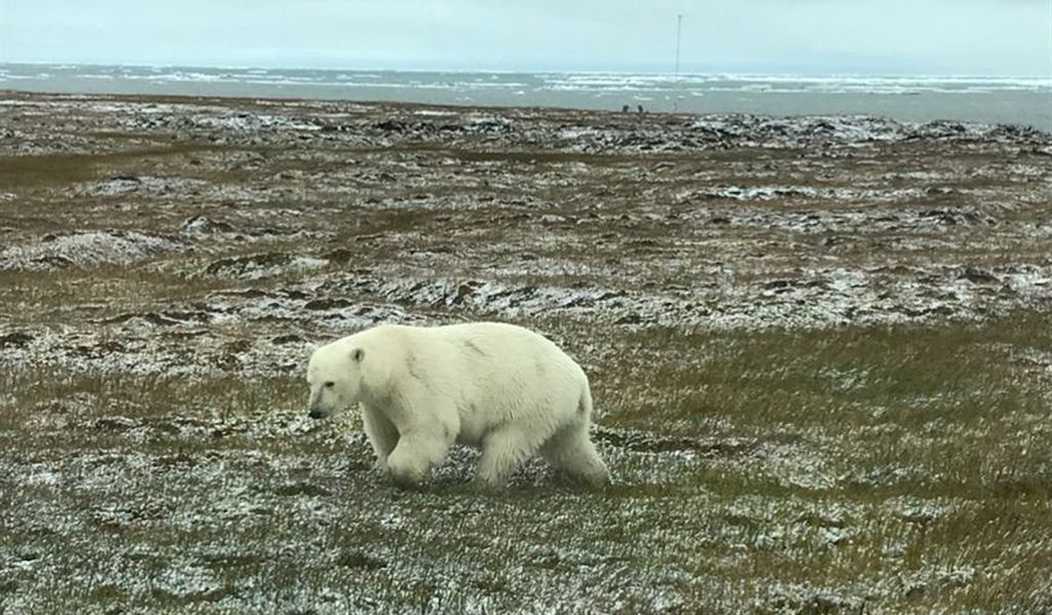Is there anything that global warming can't do? It is blamed for torrential rains, droughts, and even snowstorms (somehow). It can raise the level of the oceans, though that apparently doesn't stop billionaires with private jets from purchasing seaside mansions. It can create deserts. And now, at least according to one report from the Scripps Institution of Oceanography, global warming can alter time itself. I hadn't noticed anything odd about the passage of time aside from the annoying ritual of daylight savings, but since this is coming from supposedly reputable scientists, I suppose we'd better take a look and see what they're going on about. (NBC News)
The author of the study, Duncan Agnew, a geophysicist at the Scripps Institution of Oceanography at the University of California San Diego, said that as ice at the poles melts, it changes where the Earth’s mass is concentrated. The change, in turn, affects the planet’s angular velocity.
Agnew compared the dynamic to a figure skater twirling on ice: “If you have a skater who starts spinning, if she lowers her arms or stretches out her legs, she will slow down,” he said. But if a skater’s arms are drawn inward, the skater will twirl faster.
Less solid ice at the poles, then, means more mass around the equator — Earth’s waist.
I've read through the report a couple of times and I think I've gotten the general gist of this. The theory claims that as temperatures rise, the ice sheets near the poles continue to melt. But the water doesn't stay near the ice sheets. The spin of the planet pushes it toward the equator, raising the water levels there. More water there translates to more mass, causing the planet to spin a tiny bit faster, or at least not slow down as quickly as it would normally.
Scientists believe that the planet's rotation has been slowing for most of its existence. 70 million years ago, during the Cretaceous period, a day on Earth was only 23.5 hours long. However, the weight of the oceans rising and falling due to the gravitational pull of the moon creates a slight drag on the planet's rotation. That's why days are longer now, at roughly 24 hours.
Assuming this is all true, what effect might this have on you? Not much, obviously, or at least not yet. But it's believed that we're going to need to add a "negative leap-second" to the clocks in the near future to keep them in sync with the planet's orbit. It was anticipated that we would probably need to do that in 2026. But now that global warming has decreased the slowing of the rotation, that date will probably be pushed back by as much as three years. That might turn out to be a big deal because suddenly making a change to all the clocks, even by only a second, could "disrupt satellite, financial and energy transmission systems that rely on extremely precise timing." But that may not happen because "global timekeepers" (whoever they are) have been pushing to do away with leap seconds.
But if they don't, global warming may mess up our entire communications systems and bankrupt everyone. And that's why you can't have a gas stove and need to eat bugs. Are we all clear on this now?








Join the conversation as a VIP Member